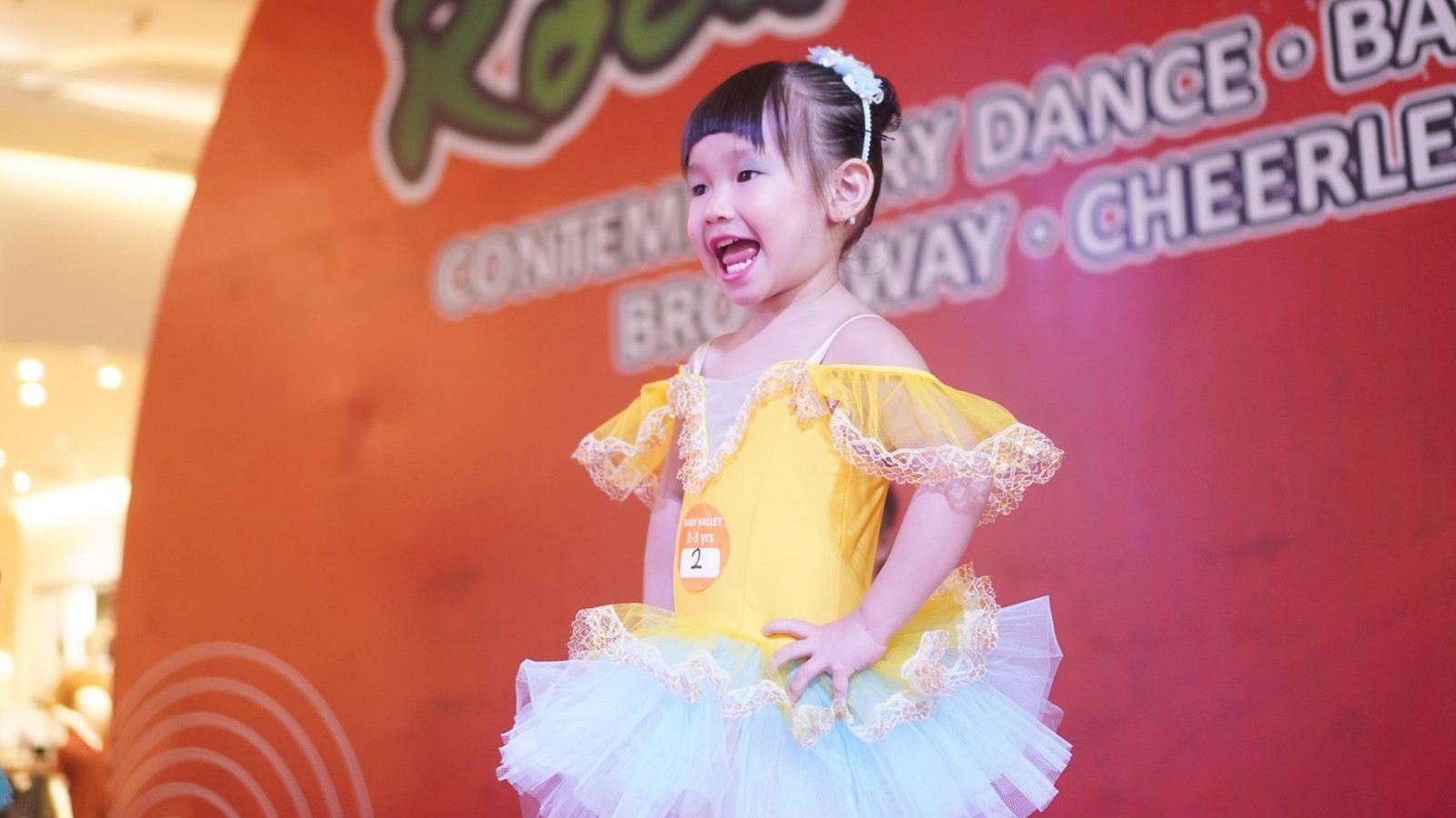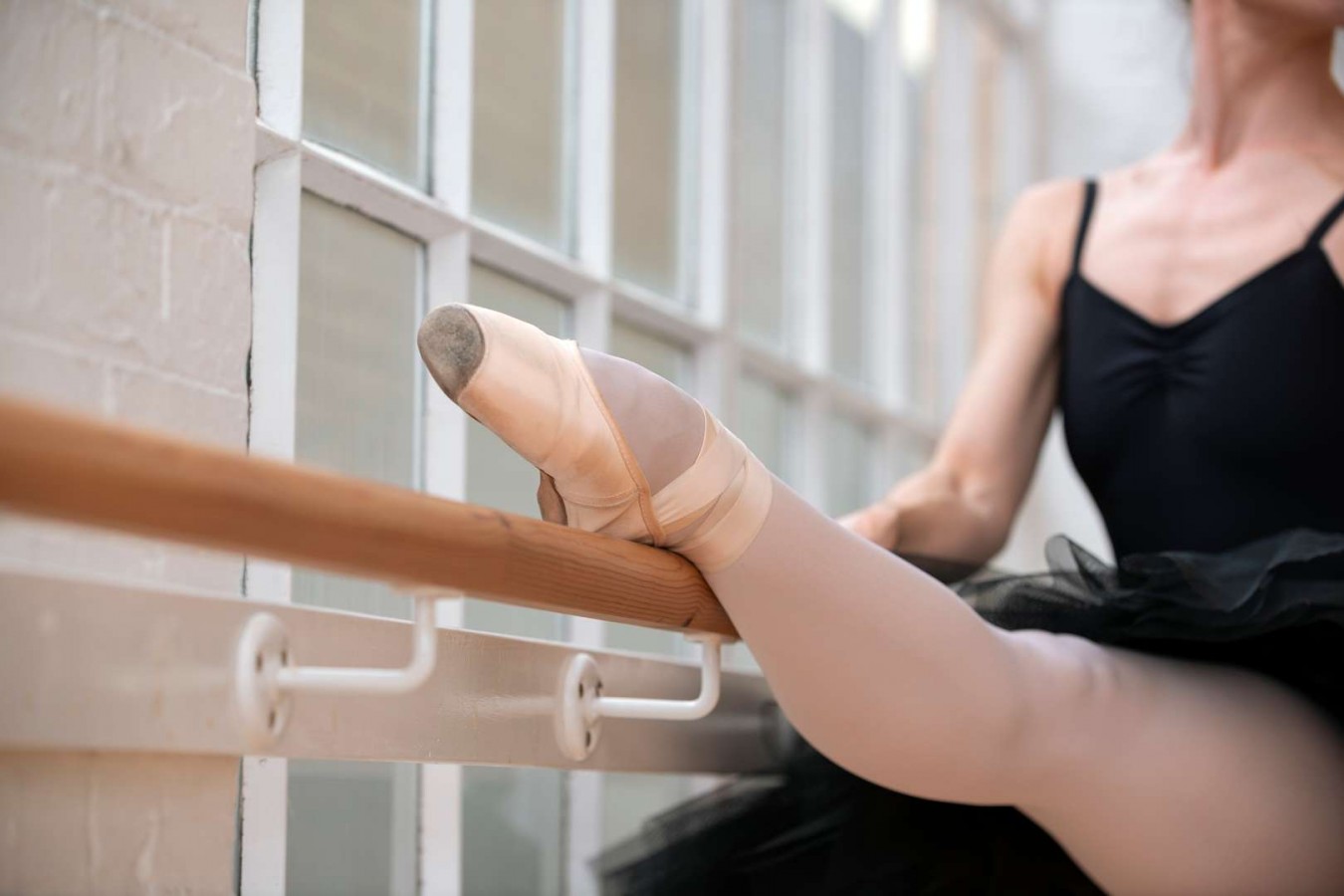Baby Ballet Classes: Fostering Early Development Through Dance

If your baby or toddler loves to move, baby ballet classes might just be the perfect activity to help them express that joyful energy. But beyond the adorable tutus and sweet pirouettes, baby ballet classes are also a fantastic way to support your child’s physical, emotional, and social development from a very young age.
Let’s dive into the magical world of baby ballet and explore how this delightful dance form can help your little one grow!
What Are Baby Ballet Classes?
Baby ballet classes are specially designed dance classes for very young children—typically from around 18 months to 4 years old. These classes are more than just baby-sized versions of professional ballet training.
They're gentle, fun, and playful sessions that use music, movement, storytelling, and games to introduce basic ballet steps and rhythm.
In a baby ballet class, you won’t see strict choreography or technical drills. Instead, expect lots of imagination, pretend play, and sensory movement. Children may be asked to float like a butterfly, march like a soldier, or tiptoe like a sneaky cat.
It’s all about building confidence, encouraging self-expression, and laying the foundation for motor skills through movement and music.
Some baby ballet classes also include a parent or caregiver in the activities which makes it a great bonding opportunity too!
The Benefits of Joining Baby Ballet Classes
Here’s a closer look at the amazing benefits your child can gain from joining baby ballet:
1. Improved Physical Development
Baby ballet is a fantastic way to support your child’s physical growth. While they may look like they’re just hopping around or twirling in circles, those simple movements are building blocks for important gross motor skills like jumping, walking, running, and balancing.
Ballet also helps children improve their coordination as they learn to move different parts of their body together in harmony. Several movements like pointing their toes while raising their arms overhead.
These activities help them become more aware of how their bodies move in space. Ballet stretches also encourage flexibility and improve posture, which is important as children grow. Holding poses, balancing on one foot, or doing gentle pliés strengthens muscles in a fun and safe way.
All of this physical activity not only builds strength and endurance but also lays a strong foundation for future movement, whether in sports, other types of dance, or just everyday play.
2. Enhanced Social Skills
For many children, baby ballet is one of their first experiences in a structured group setting. It’s a gentle and fun way to learn how to be part of a team. In class, children take turns, listen to instructions, and move together with others.
They practice waiting patiently, respecting personal space, and sharing attention with their peers. For example, when the teacher invites each child to take a turn galloping across the room like a horse, the rest of the group watches, waits, and cheers.
These shared activities help build the foundations of important social skills like teamwork, communication, and empathy. For shy or cautious children, baby ballet offers a safe and encouraging environment to gradually come out of their shell, build self-confidence, and learn how to interact positively with others.
3. Boosted Emotional Development
Dance is also a powerful form of emotional expression. In baby ballet, children are encouraged to use their movements and facial expressions to tell stories and show how they feel.
This helps them become more aware of their feelings and gives them a healthy way to express them. Baby ballet also helps children learn how to manage emotions like excitement, nervousness, or frustration through structured routines and calming cooldowns.
Each small achievement boosts their self-esteem and makes them feel proud. These early emotional lessons help children build resilience and confidence that will support them in many areas of life.
4. Cognitive and Language Development
You might not think of ballet as brain training, but it absolutely is! Baby ballet classes combine music, movement, and imagination. All of which stimulate a child’s developing brain
When children follow dance patterns or sing along with a song, they are strengthening their memory, improving their ability to follow sequences, and developing strong listening skills.
Ballet also introduces new vocabulary—words like plié, relevé (tiptoe), and balance—that build language skills in a playful way. Children learn to understand and follow multi-step instructions, and they also begin to express themselves using descriptive words and actions.
These language and cognitive benefits are especially helpful as children prepare for preschool and kindergarten, where listening, sequencing, and following directions are key.
5. It’s Just Pure Joy!
Beyond all the developmental benefits, baby ballet is simply a joyful experience. Children love music and movement, and ballet classes let them explore both in a fun and magical setting.
One moment they’re pretending to be bouncy bunnies, the next they’re graceful swans or superheroes flying through the air. The mix of music, pretend play, and creative movement fills each class with laughter and excitement.
For many toddlers and preschoolers, ballet becomes a highlight of their week where they can move freely, express themselves, and feel successful. And for parents, there’s nothing quite like watching your child giggle, twirl, and beam with pride after learning a new step.
6. Structured Creativity
One of the most magical things about ballet is that it combines structure and imagination. Ballet classes aren’t just free-for-alls; they have a clear rhythm: a warm-up, a creative dance activity, a skill-building section, and a calming cooldown.
This structure helps toddlers start to understand the concept of routines and sequences, which is super important at this age.
At the same time, ballet taps into a child’s natural creativity. They get to be fairies, animals, superheroes, or twinkling stars, all while following a clear set of steps.
When Should Your Child Start Baby Ballet Classes?
So when is the best age to start ballet?
Most baby ballet programs start accepting children from around 18 months to 2 years old, depending on the class structure. At this age, toddlers begin developing the attention span, motor skills, and emotional readiness to follow along with a group activity.
Here’s a quick recommendation:
| Age Range | Type of Class Offered | Parent Participation? |
| 18–24 months | Parent-and-baby ballet classes | Yes |
| 2–3 years | Introductory toddler ballet | Sometimes |
| 3–4 years | Independent baby ballet classes | No (optional viewing) |
But, of course, every child is different. Some might be ready earlier, others a bit later.
Is Baby Ballet Right for Every Child?
Baby ballet is perfect for many toddlers, but not all children will love it right away—and that’s okay!
Here’s how to know if it might be a good fit:
- Your child loves music and movement.
- They enjoy following simple routines.
- They like group settings or could benefit from social exposure.
If your child prefers quiet play or isn’t comfortable in group classes yet, don’t worry! You can always try again later. The most important thing is that it’s fun and stress-free.
Enroll to Baby Ballet Classes Today!
If you’re looking for a fun, meaningful way to support your child’s early development, baby ballet classes are a magical place to start. And if you’re ready to take that exciting first step, we invite you to explore the ballet program at Rockstar Academy that also offers baby ballet class.
At Rockstar Academy, your little ones won’t just learn to dance since they’ll grow through a well-rounded curriculum that includes RAD Ballet Testing, Ballet & Contemporary Dance Recitals, and even thrilling events like RockOlympics and Elite Championships.
It’s about discovering who they are through movement, music, and joyful learning. And the best part? You can try it out with a free trial class before enrolling. So why wait? Let your child step into the spotlight and start their ballet journey at Rockstar Academy today!
FAQ
Do baby ballet classes require special clothes or shoes?
Not necessarily! Many classes are casual and allow children to wear comfortable clothes and ballet slippers or barefoot. However, some children love dressing up in leotards or tutus for fun!
What if my child doesn’t follow instructions in class?
Totally normal! Especially in the early sessions, some toddlers may wander, sit down, or just watch. Teachers understand this and encourage participation without pressure.
Can boys join baby ballet?
Absolutely! Ballet is for everyone. Many boys love dancing, jumping, and using their imagination in class.



